Posted on 7/26/2024
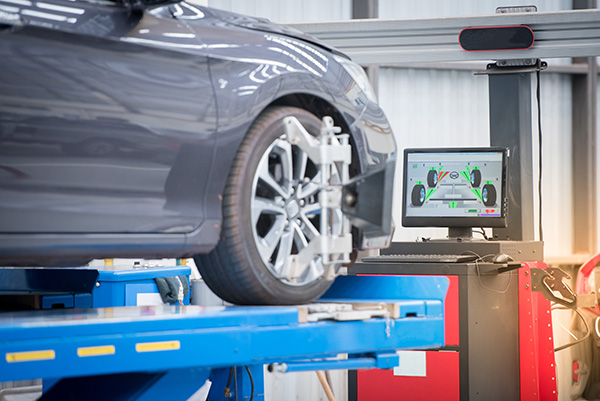
California is known for its stunning landscapes and diverse terrain, offering everything from sandy beaches to rugged mountains. However, this beautiful scenery often comes with the downside of challenging road conditions. Whether navigating the urban jungles of Los Angeles or cruising along the winding Pacific Coast Highway, regular wheel alignment is crucial for ensuring your vehicle handles these conditions efficiently. But why exactly is it so important? The Impact of California's Road Conditions on Your Vehicle California's roads can be a mixed bag. While some highways are smooth and well-maintained, others can be riddled with potholes, uneven surfaces, and abrupt changes in elevation. These variations in road quality can wreak havoc on your vehicle's alignment. Every time you hit a pothole or drive over a rough patch, your wheels can be knocked out of alignment. This misalignment doesn't just affect your driving experience; it can lead to uneven ... read more
Posted on 6/27/2024
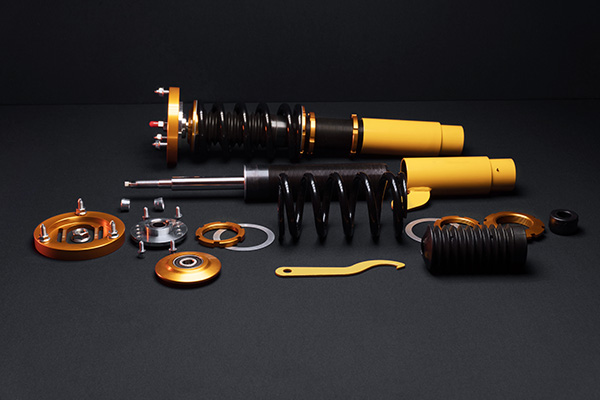
If you've ever felt like your car isn't driving as smoothly as it should, you might have wondered about the components involved in your vehicle's suspension system. Two critical parts of this system are shock absorbers and struts, but what exactly are they, and how do they differ? What Are Shock Absorbers? Shock absorbers, commonly known as shocks, are hydraulic devices designed to absorb and dampen the shock impulses from the road surface. They control the impact and rebound movement of your vehicle's springs and suspension, ensuring that the tires maintain contact with the road surface for optimum control and safety. What Are Struts? Struts, on the other hand, are a structural part of the suspension system. They not only perform the function of shock absorption but also provide structural support to the vehicle's suspension. This means strut ... read more
Posted on 5/29/2024
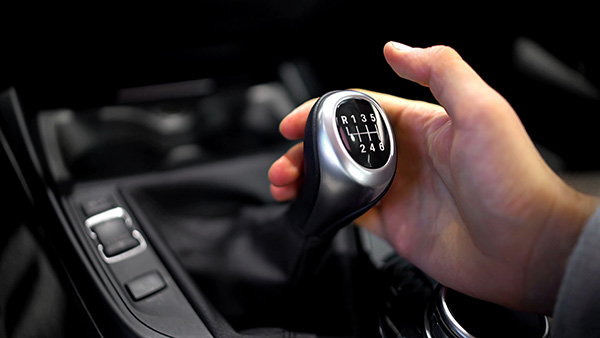
The transmission is one of the most vital components of your vehicle. It is responsible for transferring power from the engine to the wheels. Yet, many drivers unknowingly engage in habits that can significantly damage this crucial part of their car. Removing these habits can help you avoid repairs and extend the life of your transmission. 1. Shifting Gears Without Coming to a Stop One of the most common habits that can harm your transmission is shifting gears without coming to a complete stop. Whether moving from reverse to drive or drive to reverse, failing to stop fully can cause internal damage to the transmission. This action forces the transmission to abruptly change direction, putting unnecessary stress on its components. How to Avoid This: Always bring your vehicle to a complete stop before shifting gears. This simple practice can save you from significant wear and tear on your transmission ... read more
Posted on 4/28/2024
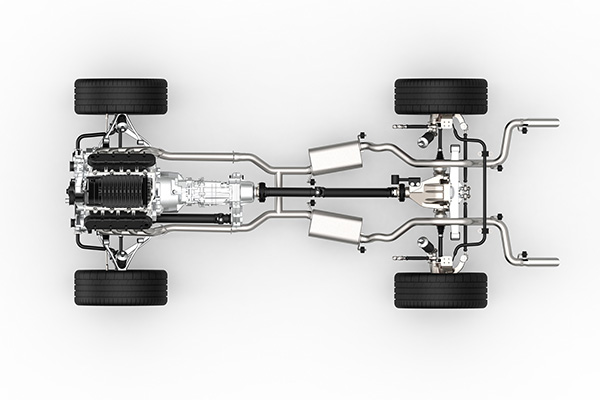
Your vehicle's drivetrain maintenance is the key to performance. From power distribution to wheel movement, the drivetrain encompasses a complex system of components that work together to ensure smooth operation. Wear and tear lead to various problems that can affect your driving experience. Look out for these common drivetrain problems and address them as soon as possible. Transmission Troubles One of the most prevalent drivetrain problems is transmission issues. Whether it's an automatic or manual transmission, problems can arise due to various factors, such as fluid leaks, worn clutch plates, or faulty solenoids. Symptoms may include slipping gears, delayed engagement, or strange noises during gear shifts. Regular transmission fluid checks and servicing can help prevent these issues. Differential Dilemmas The differential is another critical component of the drivetrain responsible for distributing power to the wheels while allowin ... read more
Posted on 3/28/2024
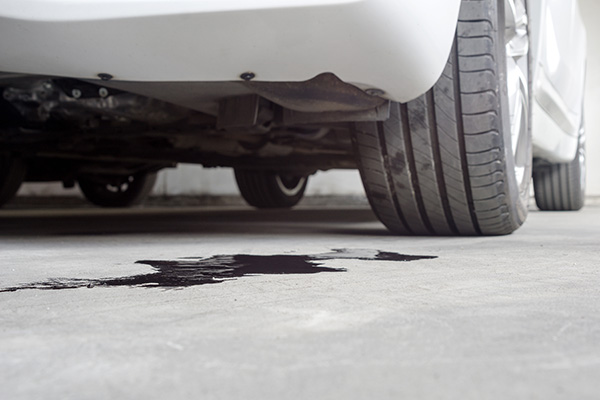
You step out of your house, ready to start your day, only to find a puddle of mysterious fluid under your car. Fluid leaks can be a source of frustration and anxiety for car owners, often signaling underlying issues that require immediate attention. That's why we will take a look at a few of the most common reasons behind fluid leaks and how to avoid them. Identifying Common Fluid Leaks Fluid leaks can originate from various components within your car's engine and drivetrain, each with distinct characteristics and implications. Among the most common types of fluid leaks are: 1. Engine Oil Leaks An engine oil leak is typically identified by dark, slick spots beneath the engine area or visible oil drips on the ground. Ignoring engine oil leaks can lead to decreased lubrication, increased engine wear, and potential mechanical failures. 2. Coolant Leaks Coolant, also known as antifreeze, regulates engine temperature by dissipating heat generated during combus ... read more